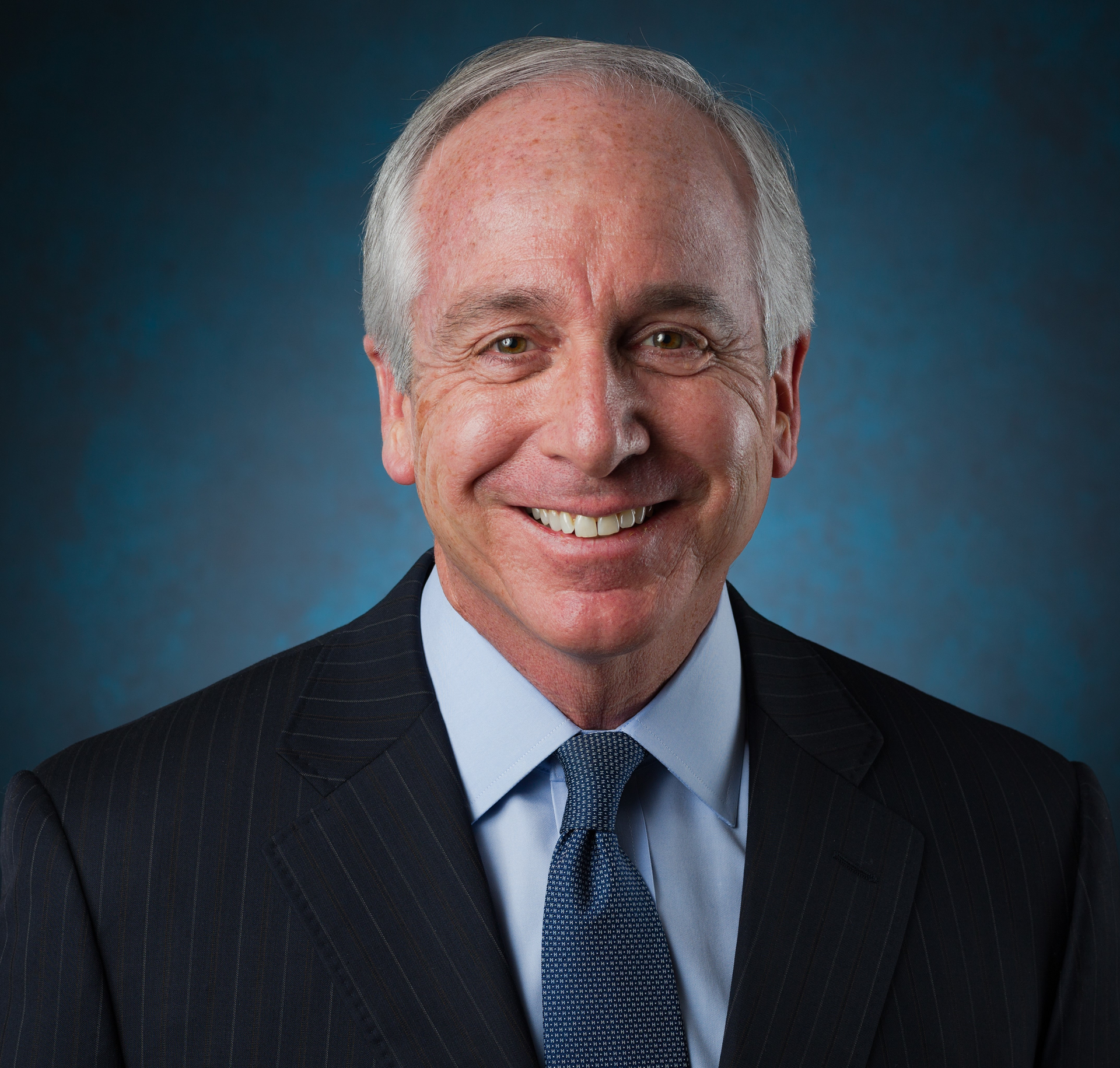True or false: Senior-level accounting leaders automatically have a large, thriving network.
False. Just because you have an extensive work history does not mean you have a robust circle of professional contacts. And one reason for that deficit is networking mistakes. When you commit these faux pas, you could be losing out on business opportunities, top talent and career advancement.
Read on for the top five networking mistakes CFOs in a Robert Half Management Resources survey said executives make, followed by advice on how to avoid these pitfalls.
Mistake #1: Not asking for assistance
The solution is obvious, yet difficult to execute. Why? Many leaders feel as though they should be able to handle everything on their own. No one has all the answers, though, and everyone needs a helping hand now and then. What’s more, asking for advice makes your contacts feel valued.
The fix: When you do reach out, be as specific as possible. That way, you allow your network contacts to determine how they can use their skills to best assist you, as well as recommend additional resources. For example, when weighing cloud-based financial systems, you could start an online discussion and invite your network to participate. People who have recent experience with purchasing such a subscription likely would be happy to share their experiences.
Mistake #2: Failing to keep in touch or reaching out only when something is needed
A professional network is like a garden: The more you tend it, the more it grows. It’s an ongoing effort. Sure you’re busy, but if you ignore your friends and acquaintances until you need a favor, they’re less likely to go out of their way to help.
The fix: Set weekly or monthly goals to check in with a certain number of contacts. You could stay in touch by sending a congratulatory email on their new job or promotion, forwarding an interesting article, or alerting them to job opportunities. With a little practice, reaching out becomes a habit. Then, when you need a business introduction or assistance with your executive job search, your network won’t feel like you’re all take and no give.
Mistake #3: Not connecting with the right people
It’s natural for finance leaders to connect with each other. But if public accounting partners and managers make up 99 percent of your network, you’re doing yourself a disservice. Networking is like investing, where diversification is a smart strategy.
The fix: Get to know a variety of people and connect with them on LinkedIn. Your network should include industry influencers as well as up-and-comers, CEOs as well as entry-level accountants, and even summer interns.
Venture outside of accounting and finance, too. For example, get to know professionals in academia, technology, healthcare, manufacturing, and the legal and creative fields, to name a few. Since you never know what type of help you’ll need or in what areas, put your networking eggs in more than one basket.
Mistake #4: Not thanking contacts when they provide help
Executives sometimes get so busy that they overlook the small yet crucial step of showing their appreciation. If you neglect this basic courtesy, people are unlikely to help out the next time they’re asked.
The fix: A heartfelt email or quick phone call will suffice for small courtesies, such as when friends send you a business lead. Bigger favors, such as ones leading to a new job or client, deserve a handwritten card and perhaps a token of appreciation, such as a box of gourmet chocolates or a nice lunch.
Mistake #5: Not helping others
Networking is a two-way street. Taking without giving back ultimately results in a stagnant network — and possibly a few unhappy contacts.
The fix: To build an active network, say “yes” whenever possible. This includes easy and quick actions, like following an acquaintance’s new business on Twitter and Facebook. But also agree to more time-consuming requests, such as an informational interview with a coworker’s friend or an invitation to speak to a professor’s accounting class.
Proper networking takes time and savvy, and not everyone — including accounting veterans — gets it right every time. By examining your tactics and seeing what mistakes you might be making, you can correct your course and make the most of your network.
————
Paul McDonald is senior executive director at Robert Half, the world’s first and largest specialized staffing firm. He writes and speaks frequently on hiring, workplace and career-management topics. Over the course of more than 30 years in the recruiting field, McDonald has advised thousands of company leaders and job seekers on how to hire and get hired.
Thanks for reading CPA Practice Advisor!
Subscribe Already registered? Log In
Need more information? Read the FAQs





